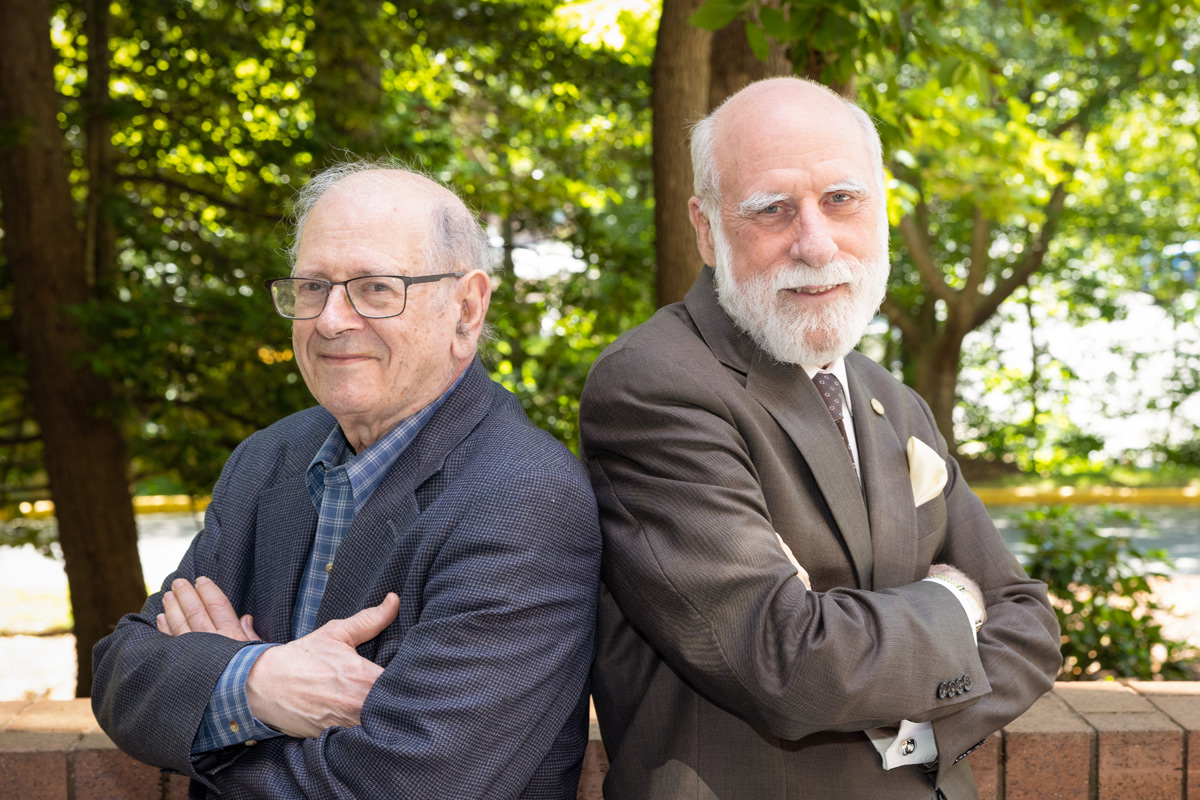Copyright reforms – are they needed?
Copyrights are a relatively new thing in the history of humanity, with the first legislative text, the "Statute of Anne" being passed in 1710. Since then, the laws around copyrights have continually changed somewhat over the years. However, since the dawn of the age of the Internet, it is fairly clear that the copyright laws of the past are often hard to apply and even downright terrible for the common consumer. Seeking to fix this problem, a few key changes to the laws were proposed by Christian Engström and Rick Falkvinge in their 2012 publication "The
Case for
Copyright
Reform".
Main points of the proposal
The suggested changes to the legislation were as follows:
1. Keep the moral rights as they are.
An author should keep the right to be recognized as the author, and nobody else should have this right.
2. Keep copyrights for commercial purposes.
The copyright laws should keep existing for commercial purposes for fairly obvious reasons – to keep people from profiting off of others' work. However, this shouldn't apply to any kind of non-commercial sharing of files, especially seeing as trying to regulate that would be in direct violation of fundamental rights, like privacy. There would be no way to regulate it without snooping through private exchanges of information.
In reality, this was already the case before the Internet – anything you could feasibly do as an ordinary person wouldn't violate copyright. However, as the Internet came to be and evolved to what it is today, so did copyright laws, and not for the better. This is one of the reasons why reform is necessary – to specify that copyright laws should only apply to copying for commercial reasons. Other copying for non-profit oriented sharing should not be illegal.
3. 20 years of commercial monopoly.
The entertainment industry of today, though, largely relies on the commercial exclusivity of copyrighted works. This shouldn't change, of course, but the protection time of copyrighted works is... long, to say the least – a lifetime plus 70 years. This is far longer than any reasonable window for earnings on the works, which is why the proposal wants to shorten the protection time to 20 years from publication.
I think 20 years is a little on the short side, but it's still better than the life + 70 years system.
4. Registration after 5 years.
Another issue is that there exist copyrights on works, which don't have a clear owner, or the owner is impossible to locate. These works then provide no commercial value to the owner, yet are still covered by copyright, making them impossible to reuse or distribute.
The proposed solution is that automatic copyright protection should be kept working, but it should only last for 5 years. If the author desires to extend this period of commercial exclusivity, it must be registered.
I like this change, it's a good way to stop the copyright clutter from piling up while not introducing much hassle to authors who intend to publish their works.
5. Free sampling
The current copyright legislation limits a lot of artists who work with samples – musicians and filmmakers, for example. Clear limitations and exceptions should be made to facilitate the creation of parodies, remixes and the like.
Anything that facilitates easier production of parodies, remixes and other creative work based on something else is good in my books.
6. A ban on DRM
DRM or Digital Rights Management stands for multiple different technologies that aim to limit people's abilities to copy and redistribute works, even if it's legal. The proposal states that it should always be legal to bypass these DRMs and that an outright ban on DRM technologies that limit legal copying should be considered.
I think this is a logical step, as the rest of the changes would be quite meaningless if corporations would still be able to write their own laws on what we can and cannot do even if it would be legal otherwise.
On the proposition as a whole
It seems to me that the proposal is quite reasonable. I must admit I am not very well versed in terms of legislation and copyright laws, but the suggested changes all seem within reason to me (much more so than the current laws, anyway).

:strip_icc()/pic3116318.jpg)
:strip_icc()/pic4705171.jpg)

